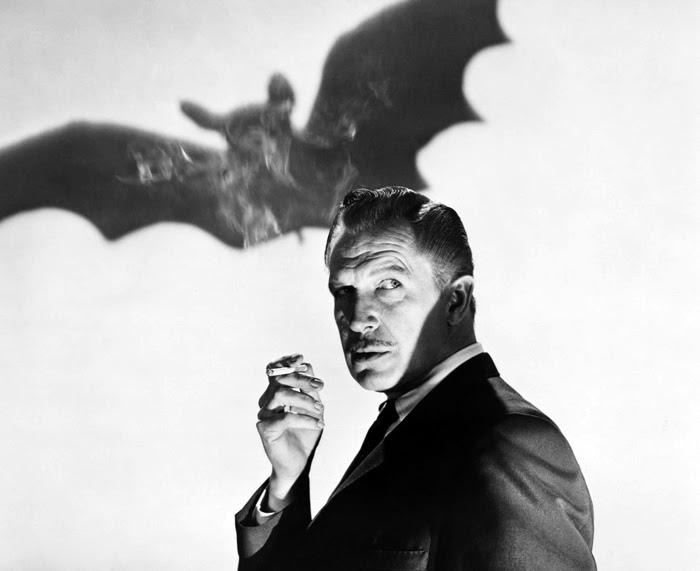
A rare find—a letter written in English from the last Sikh Maharajah of India. Duleep Singh (1838 – 93), came to power at the age of 5, with his mother as regent. When she was deposed and jailed, he was made a ward and finally was exiled to England in 1853 at the age of 15, having been converted to Christianity. On his arrival, he was lionised in the London salons and became a particular favourite of Queen Victoria. He lived in Roehampton and Wimbledon for a while and then bought estates in Yorkshire and Scotland, where he was known locally as the Black Prince of Perth. His mother having joined him in 1861, he was now firmly established as a country gentleman, with the reputation as the fourth best shot in the land. His final purchase was of a 17,000 acre estate at Elveden, near Thetford, where he proved to be an excellent landlord and a generous local benefactor. Though he later died in Paris, he chose to be buried here.
Elveden was an ideal purchase for Dukleep. Just eighty miles from London, its open situation in the heart of Breckland enabled him to pursue the life of a hunting and shooting squire while remaining in touch with metropolitan life. The deep forest may even have reminded him of the jungle he had left behind.

He continued to visit his Scottish estates at and it is from Loch Kennard Lodge that he wrote this letter, which is dated in pencil July 27th 1868 by its recipient, John Norton, the celebrated Gothic architect, who had just completed the astonishing Tyntesfield, near Bristol. It is characteristic of the ostentatious Duleep, then aged just 30, that he should engage one of the most trendy architects in the land to remodel the rather old fashioned Elveden Hall. In the letter Duleep acknowledges receipt of the latest plans of the proposed alterations to the Hall and asks Norton to send the earlier ones so that he can 'compare the accommodation and their costs '.
According to Pevsner, Duleep enlarged a Georgian building of moderate size into 'an Oriental extravaganza unparalleled in England'. Though the external style was Italianate, the interior incorporated 'a central domed hall with a glass lantern, with the walls, pillars and arches covered with the closest Indian oriental detail, all made of white Carrara marble and carved in situ by Indian craftsmen'. Work was completed in 1870. In 1899 – 1903, following Duleeps’s death, Lord Iveagh of Guinness fame, enlarge the Hall still further. Today, Elveden Hall remains in the Guinness family, and though empty and a shadow of its former glory, it remains a popular location for filming. Among the movies shot here was Kubrick’s
Eyes Wide Shut. [RMH]
 Best known as the venue for the most prestigious antiques fair in the world, the Great Room of London’s Grosvenor House Hotel (opened 1929) began life as a vast ice rink, where the rich and famous refined their skating skills. It is said that in 1933 the present Queen learned how to skate here. She must have been around the same age as some of the little girls being taught the basics by their elegantly dressed coach in this press photo dated 18th September 1931.
Best known as the venue for the most prestigious antiques fair in the world, the Great Room of London’s Grosvenor House Hotel (opened 1929) began life as a vast ice rink, where the rich and famous refined their skating skills. It is said that in 1933 the present Queen learned how to skate here. She must have been around the same age as some of the little girls being taught the basics by their elegantly dressed coach in this press photo dated 18th September 1931.





.jpg)




















